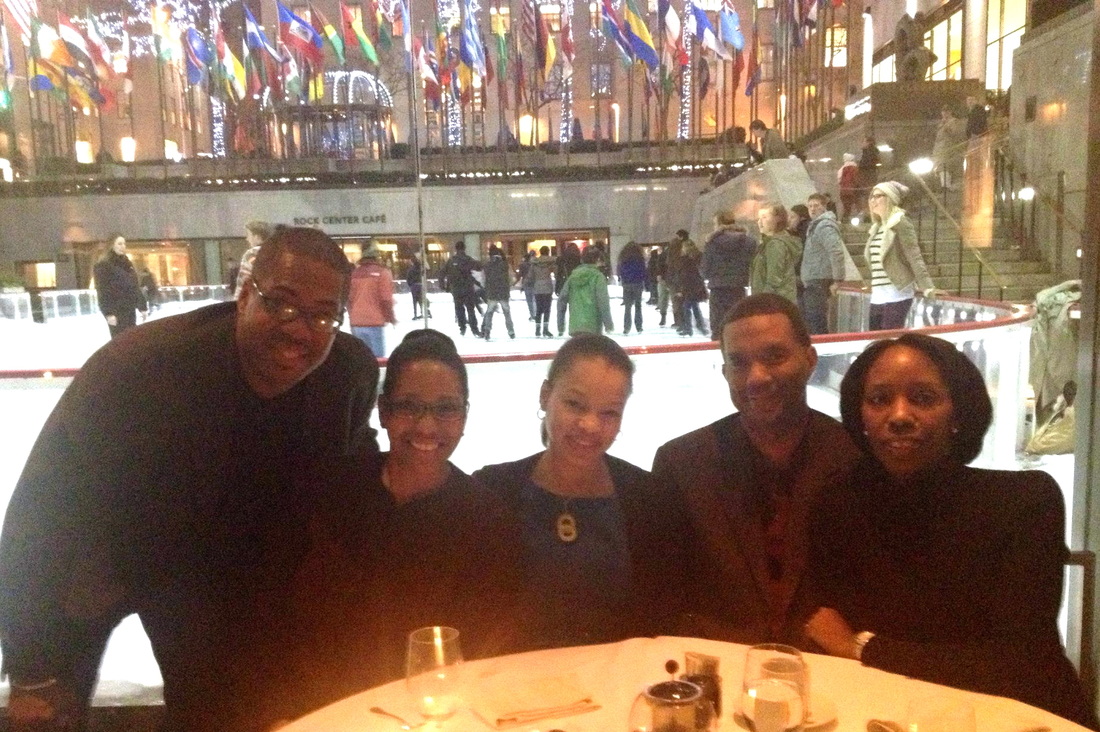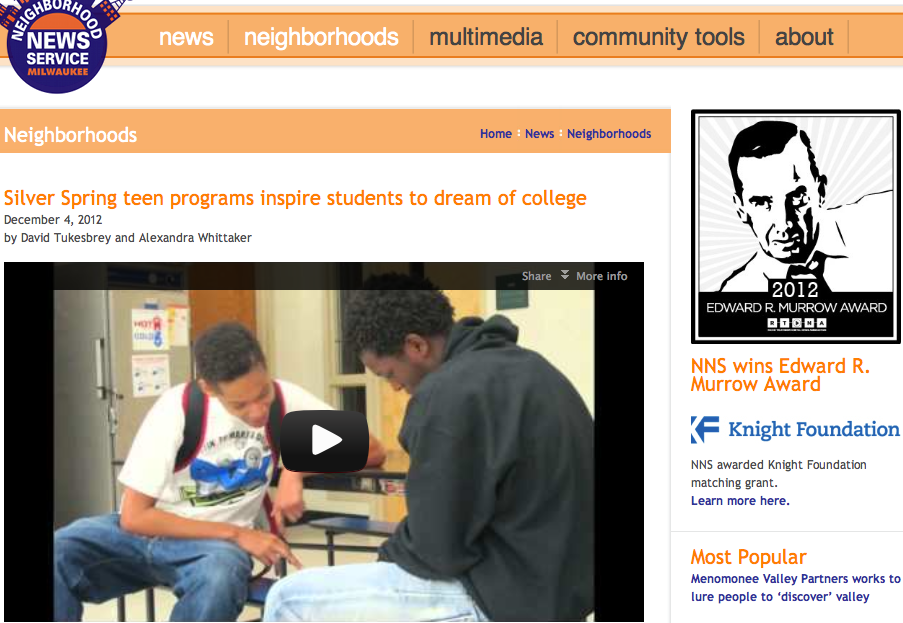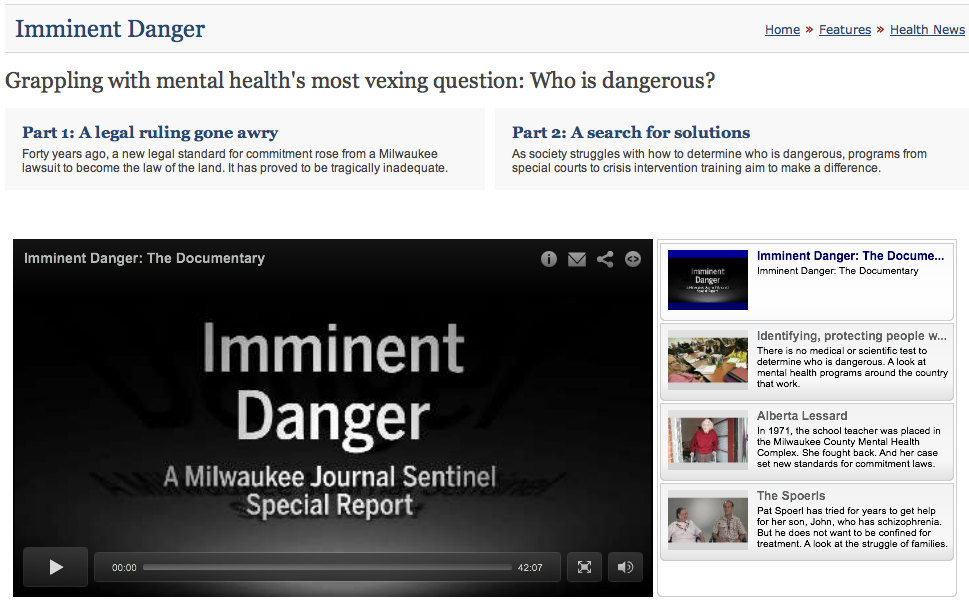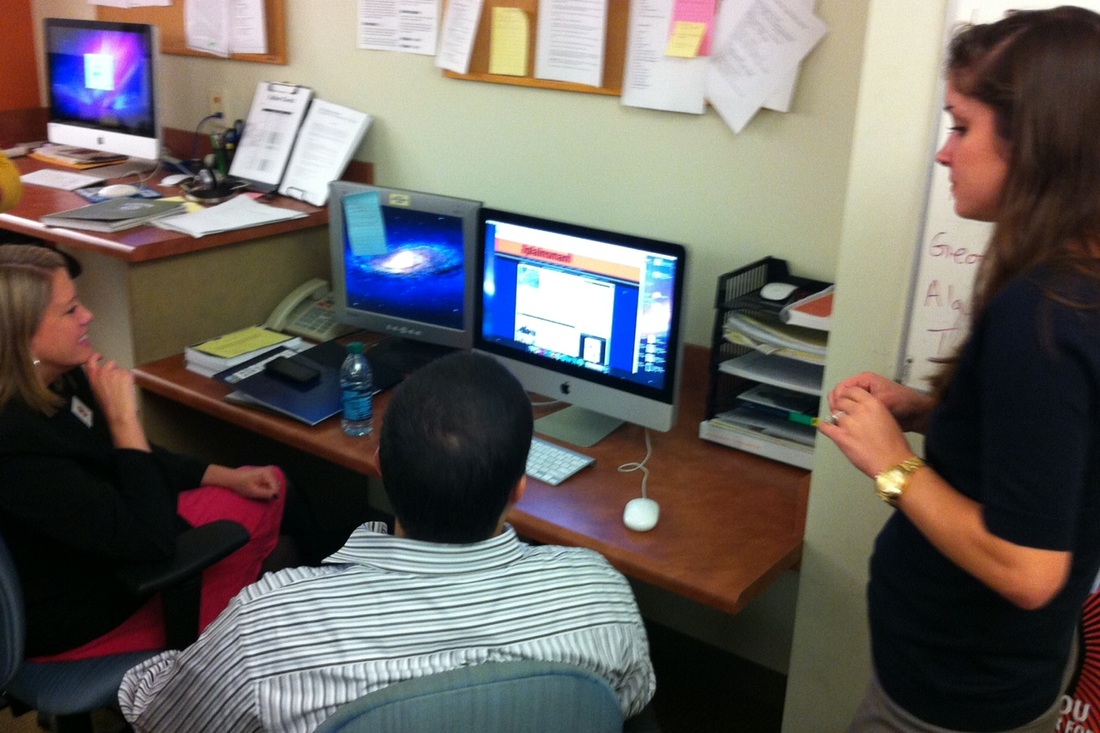Spent the last four days talking to Harley guys from around the world about their rides and Pope Francis. Here's my recap of Harley-Davidson's 110th anniversary celebration in Rome published in the Milwaukee Journal Sentinel:http://bit.ly/11TmK6k
Wow! "Look at Sarah – a foreign correspondent," I said to myself while resisting the urge to wake up my wife so she could assure me it wasn't a dream. I went back to sleep. Why? If it wasn't a dream, how was my Sunday going to get any better than this? Anyway, still beaming a few hours later, I returned to Sarah's Facebook page and found another surprise. On Friday, she had posted another pretty picture of her in Rome along with this status:
Felt like I was playing dress up yesterday as a foreign correspondent for the Milwaukee Journal Sentinel at Harley-Davidson's 110th anniversary event in Rome. Read my story here: http://bit.ly/10hlDPy
Many journalism students in the Diederich College of Communication – and at other colleges and universities across the United States, I'm sure – take advantage of study abroad opportunities each summer and semester. Perhaps soon on this blog we can look more closely at how these students can maximize their international experiences, that is, so they don't stray too long or far from pursuing an internship that could later help jumpstart their careers.
For now, I urge all aspiring journalists, particularly those studying abroad, to read Sarah's blog post, "Becoming a Foreign Correspondent in Rome." She shares how forgoing an internship in favor of world experience ended up providing her with valuable journalism experience. "It felt pretty surreal to be a foreign correspondent and to be published by a daily newspaper – one of my longtime goals," she writes. Well done, Sarah from the 'Sota. Well done.
Acted as a foreign correspondent yesterday for @NewsHub at an anniversary celebration for @harleydavidson in #Rome: http://t.co/9rDsym2kqj
— Sarah Hauer (@SarahHauer) June 14, 2013
#Italy is one of @harleydavidson’s top 5 markets in the world - Check out #HD110 in Rome http://t.co/PlMROcePTM by @MarquetteU’s @SarahHauer
— Embassy of Italy US (@ItalyinUS) June 14, 2013
@SarahHauer Great to see your Harley story from Rome on the front page of the MJS the other day. Hope you're enjoying Italy!
— Greg Borowski (@GregJBorowski) June 19, 2013




 RSS Feed
RSS Feed
